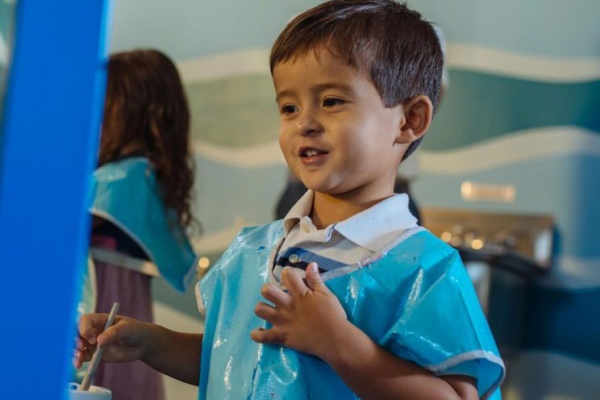

What Expectant Mothers Need to Know About the Zika Virus
Pregnancy, with its symptoms, cravings and emotional ups and downs, can be a challenging and uncertain time in a woman’s life. Expectant mothers worry about everything, from choosing the right care provider to deciding where to deliver to wondering if they will permanently damage their offspring by opting for disposable diapers over cloth. And now pregnant women have yet another serious concern to add to their already lengthy list: the rapidly spreading Zika virus.
Whether you’re pregnant or planning to become pregnant – or have an expectant friend or family member who needs your support – it’s important to have a clear understanding of both what the Zika virus is, and what its potential ramifications are for pregnant women here in the United States.
Here’s what you need to know:
Zika isn’t new. In fact, it was first discovered in 1947 and named after the Zika forest in Uganda. Over the years, sporadic cases have occurred in tropical Africa, Southeast Asia and the Pacific Islands.
Zika is primarily spread through mosquitos. It’s the Aedes mosquito that carries the Zika virus, transmitting it to humans when it bites. Symptoms, which include fever, rash, joint pain and conjunctivitis, are usually mild, with many not even realizing they have been infected.
Zika can be transmitted in other ways too. Men who are infected with Zika can spread it to their partners through sex. An infected mother can also pass Zika to her unborn fetus during pregnancy.
Central and South America are at the center of the current Zika outbreak. This includes Brazil, Mexico and countries in the Caribbean. You can visit the CDC’s Zika Travel Information page to find out exactly where Zika-infected mosquitos have been identified.
Zika has been declared a global health emergency. While it’s true that Zika symptoms are often minor, a sharp increase in reported cases of microcephaly (a birth defect characterized by an abnormally small head and incomplete brain development) is what makes the virus potentially dangerous to pregnant women. The CDC is increasingly confident that there is a connection between Zika and microcephaly.
Zika numbers are still relatively low in the U.S. As of Feb. 26, the U.S. has 147 reported cases of the Zika virus, all related to people who traveled to areas affected by the virus. In fact, 97% of pregnant women who were tested by the CDC for Zika concerns tested negative for the disease.
No local mosquito-borne cases of Zika have been reported in the U.S. That’s good news for now, but may not remain the case, as some spread is predicted during the warmer months in southern states like Florida and Texas where the Aedes mosquito is most prevalent.
A U.S. woman with Zika recently gave birth to a healthy baby. While there have been cases of microcephaly, miscarriage and abortion related to U.S. Zika cases, it’s important to note that at least one woman who tested posted for Zika during her second trimester gave birth to a healthy, full-term infant.
There is no vaccine or medicine for Zika. Since there is currently no medical way to treat or prevent Zika, it’s important to protect yourself if you’re pregnant. The CDC advises avoiding travel to areas where Zika has been reported, and using an EPA-registered insect repellant. The Consumer Reports list of Mosquito Repellants that Best Protect Against Zika is a good resource.
“This is a big challenge,” CDC director Tom Friedens said in an interview with Time. “People are concerned and we understand that. That’s why we’re working hard to get as much information as accurately and quickly as possible.”
For current updates on the Zika virus and more information about how to protect yourself, visit www.cdc.gov.

Alyssa Chirco is a freelance writer, mother and margarita lover, not necessarily in that order. In addition to writing for STL Parent, she is Contributing Editor at Parenting Squad, and covers parenting, health and lifestyle topics for publications across the country. She recently moved from the suburbs of St. Louis to a small town in rural Jefferson County, where she is learning to survive with no Target or Starbucks in sight. Follow her on Twitter @AlyssaChirco





















